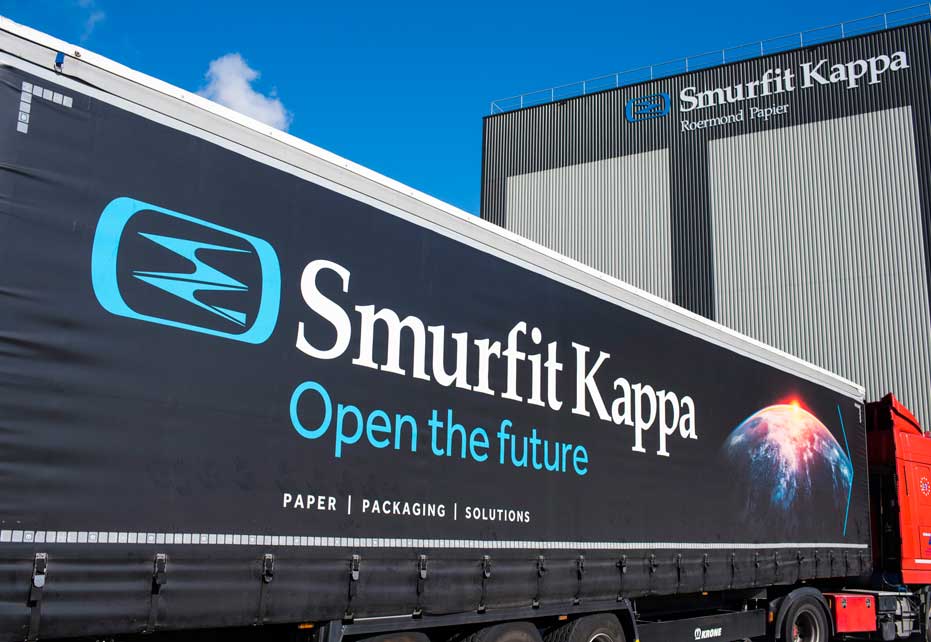Smurfit Kappa is set to expand its paper portfolio production capabilities by investing in its Roermond Paper Mill in the Netherlands.

Image: Smurfit Kappa completes investment in its Roermond Paper Mill in the Netherlands. Photo: courtesy of Smurfit Kappa.
The investment, which was intended to meet the demand for paper-based packaging, has involved series of upgrades to Paper Machine 1 (PM1) at the paper mill.
Over the last two years, the PM1 was upgraded with rebuilding the winder, the press section, the drying section and the film press.
Earlier this year, the firm completed the final enhancement, which involved installation of a shoe blade gap former, a rebuild of the approach flow system and an extension of the machine hall.
The 5m wide PM1 has now capability to 85-135gsm recycled fluting and testliner at a rate of 1,200m per minute.
Smurfit Kappa Paper Europe COO Laurent Sellier said: “The investment in the Roermond Paper Mill has significantly strengthened its capabilities as a leading provider of lightweight recycled paper grades.
“There has been a growing demand for paper-based packaging as a sustainable alternative to plastic and it is used widely in both the eCommerce and retail sectors.
“Through our Better Planet Packaging initiative we’re looking to extend our range of innovative, sustainable solutions that have a positive impact on the environment.”
The Smurfit Kappa Roermond Paper Mill includes three paper machines which produce recycled paper for corrugated packaging.
The residual steam of two of the machines, under the previous configuration, was only partially reused.
As part of the mill’s project to reduce carbon emissions, the Smurfit Kappa said it has integrated the steam systems from all three paper machines by incorporating a sophisticated control system.
Smurfit Kappa Roermond Paper Mill energy and production technologist Wim Janssen said: “We started by carrying out an in-depth analysis of processes to figure out a way to reuse excess steam from two of the machines in the third machine.
“This has reduced the mill’s gas consumption and slashed the 2018 CO2 emissions by an impressive 4,500 tonnes.”
